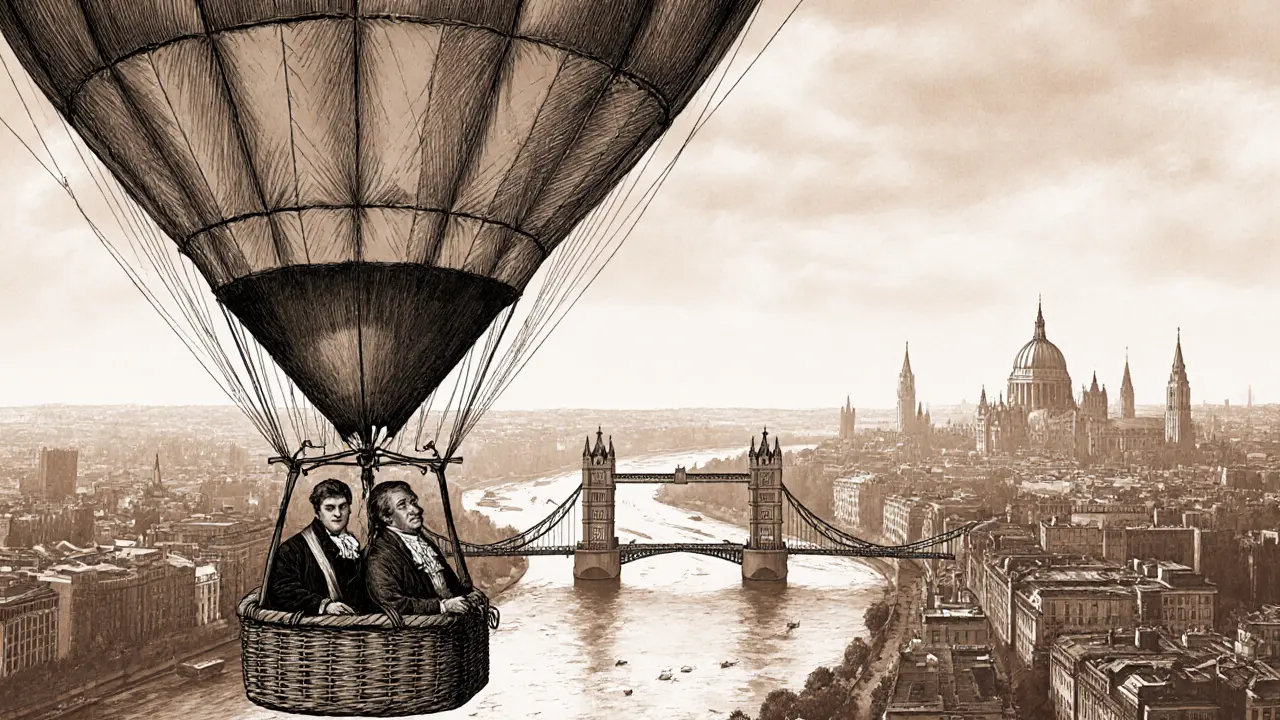Balloon Flight Tips: Essential Advice for a Safe and Stunning Ride
When planning balloon flight tips, practical guidance that helps you enjoy a hot air balloon experience safely and comfortably. Also known as ballooning advice, it covers everything from pre‑flight checks to post‑landing procedures.
First, understand the hot air balloon, a lighter‑than‑air craft that rises by heating the air inside a large envelope. A well‑maintained balloon is the foundation of any successful flight. Next, consider weather conditions, the single most critical factor that decides whether you lift off or stay grounded. Clear skies, low wind, and stable temperature gradients create the ideal environment. Lastly, never overlook safety equipment, including fire‑resistant gloves, a first‑aid kit and a reliable communication device. Proper gear lets you react calmly if something unexpected occurs.
Key Areas to Master Before You Take Off
Balloon flight tips can be broken down into three core actions: preparation, execution, and follow‑up. Preparation starts with a thorough pre‑flight checklist. Verify the envelope for tears, test the burner for consistent flame, and confirm the fuel tanks are full and secured. A simple oversight, like a loose vent line, can turn a scenic glide into a safety issue.
Execution hinges on real‑time weather monitoring. Use a reliable source—such as the Met Office or a dedicated aviation weather app—and track wind speed at ground level and at altitude. Remember, wind can double in strength above the thermal layer, so a calm morning can become gusty by mid‑day. If you’re booking a ride in London, keep an eye on the Thames Valley breezes; they often shift direction around noon, affecting both take‑off and landing sites.
During the flight, stay in constant contact with the pilot. Pilots usually hold a commercial ballooning licence, which requires them to log hours, pass a medical exam, and complete emergency drills. Their expertise will guide you on altitude changes, navigation around obstacles, and safe descent paths. Trust their judgment, especially when they signal a change in direction to avoid a sudden gust.
After landing, conduct a quick equipment check. Make sure the envelope is folded correctly, the burner is cleaned, and any debris is removed. This post‑flight routine extends the lifespan of the balloon and ensures the next group gets a safe ride.
When you combine these steps—solid equipment, vigilant weather tracking, and an experienced pilot—you create a risk‑averse environment that lets you focus on the view. London’s skyline from 1,000 feet offers a unique perspective on landmarks like the Shard, the Tower Bridge, and the sprawling parks beyond the city limits. The aerial experience is not just about thrill; it’s a chance to see the city’s layout in a way no ground‑level tour can match.
Beyond safety, think about the logistics of getting to the launch site. Many London balloon operators meet passengers at a central hub and provide shuttle service to the field. Arriving early gives you time to meet the crew, ask questions, and understand the landing plan. If you’re planning a private session, discuss the preferred landing zone—whether you want a simple open field or a scenic spot near a historic venue.
Finally, keep a mental list of post‑flight actions: hydrate, share your experience on social media, and leave a tip for the crew if you enjoyed the ride. Sharing photos of the sunrise over the city can inspire others to seek out ballooning adventures, and a good tip helps maintain high standards across the industry.
All these points form a cohesive set of balloon flight tips that address safety, preparation, and enjoyment. Below you’ll find a curated collection of articles that dive deeper into each of these areas—from detailed safety checklists to specific London ballooning routes—so you can plan your next ascent with confidence and excitement.
- Corbin Halesworth
- October 16, 2025
- Comments 0

